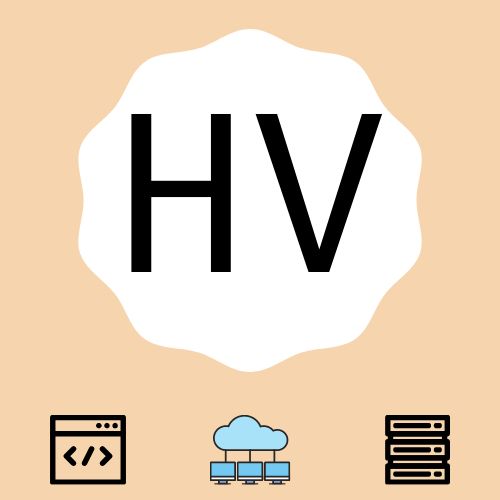1,408 reads
How to Create a Conditional Workflow With Advanced GitHub Actions
by
April 19th, 2022
Audio Presented by

A technology enthusiast, more of a generalist you can say. Love to document my learning journey!
About Author
A technology enthusiast, more of a generalist you can say. Love to document my learning journey!
